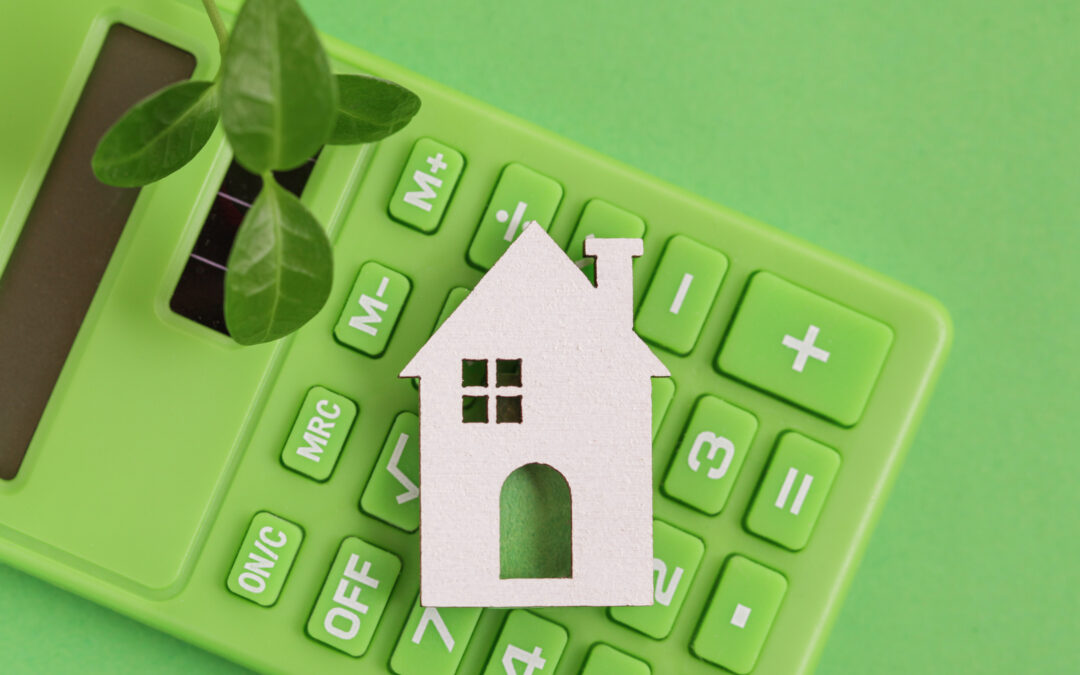Increasing their purchasing power is one of the best things prospective homeowners can do to empower themselves when making a home purchase. The figures could seem overwhelming, but finding solutions to improve your financial situation will support you along the journey.
The physical features of a property are frequently what buyers concentrate on when imagining their ideal residence. But a house is only a number in the eyes of mortgage lenders. The next sections linked to your purchasing power show how lenders assess your financial situation and decide if you qualify for a house purchase. When you’re ready to make an offer, improvements in these areas will strengthen it and boost your purchasing power. Contact Berkshire Hathaway HomeServices at (310) 373-0021 when you are reading to start the home-buying process.
Increase your down payment savings
Cash is king, as the adage goes. The down payment, which is typically 20% of the home’s sale price, can occasionally decide between competing offers for a certain house.
Try setting aside a small portion of each paycheck to gradually increase your savings. Establish a savings target, allocate a certain sum to each pay period, and see your savings grow over time. If you’d rather keep your finances separate, open a new account and transfer the increased savings there.
Making extra money is another option to save for your down payment. Look for part-time employment options if you have expertise or interests outside of your current position, and use the money you make to contribute to your down payment savings.
There are many advantages to making a significant down payment. Putting 20% or more down can make your offer stand out, you could be able to get a better mortgage rate, and you might not require private mortgage insurance (PMI).
Increase your credit score
Simply put, a higher credit score results in a lower interest rate on your mortgage. Your credit score is influenced by a number of factors, including your payment history, quantity of debt, length of credit history, credit mix, and recent credit. A higher credit score will benefit you in the long run, despite the fact that raising it won’t happen immediately.
Pay down your credit cards, especially the ones with high interest rates, in order to raise your credit score. Prior to the time when you are getting ready to make an offer, avoid creating new credit lines that aren’t necessary and refrain from making major purchases. Keep in mind that your financial situation includes college loans. Consistently paying them off will raise your credit standing in the eyes of lenders.
Work on stabilizing your debt
Banks will look at your debt-to-income ratio when figuring out what you can afford. Lenders seek assurance that you can manage your mortgage payment in addition to your other obligations.
In order to ascertain what percentage of your income will be used to pay your mortgage, they look at your housing ratio, also known as the front-end ratio. By dividing your monthly gross income by your monthly mortgage payment, you may get your front-end ratio. The danger of default increases as the ratio increases.
The amount of your monthly income that is utilized to pay your debts is then calculated using your back-end ratio, also known as your debt-to-income ratio. Your back-end ratio is determined by dividing your monthly debt expense, which includes your mortgage, credit card, student loan, and other loan principle, interest, taxes, and insurance payments, by your gross monthly income.
Paying off credit cards and making steady, consistent progress on your loans can help you reduce your debt and raise your debt-to-income ratios, which will increase your purchasing power. This is similar to how improving your credit score works.



